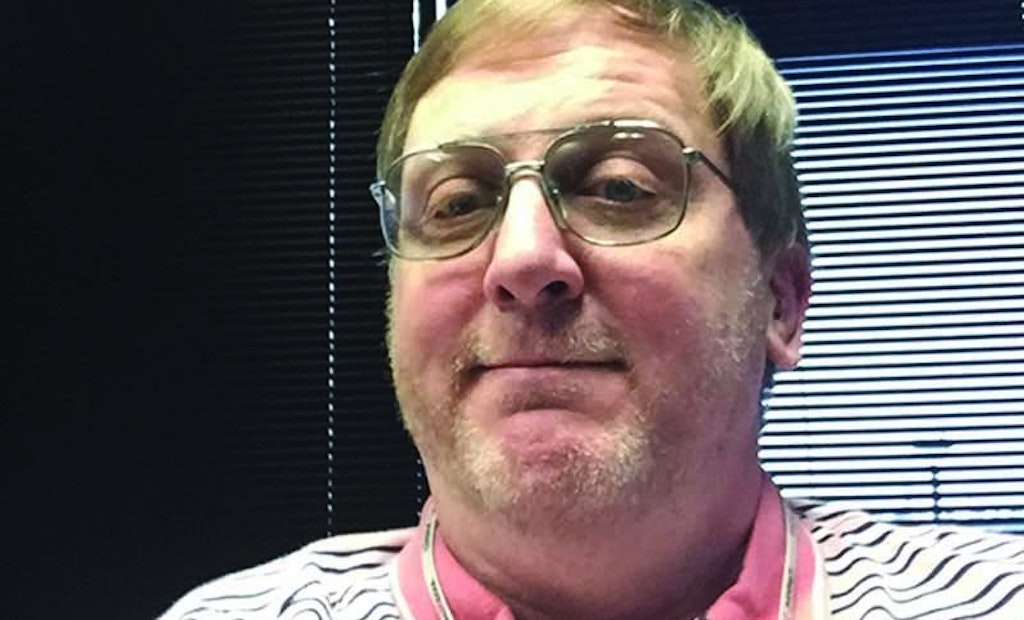Interested in Education/Training?
Get Education/Training articles, news and videos right in your inbox! Sign up now.
Education/Training + Get AlertsIt’s a time of transition for the Mississippi onsite wastewater industry. While the number of state health department inspectors is being reduced greatly, their duties are now specific to wastewater services and they are expected to benefit from better supervision and access to more training and resources.
Jim Weston, the director of onsite wastewater for the Mississippi State Department of Health, says budget cuts led to several recent changes, but he is expecting an improvement that will help the onsite installing and septic service industry.
What is the major change in the inspection program?
Weston: We used to have 103 environmentalists statewide who did all kinds of things: food programs, wastewater, rabies inspections, all kinds of stuff. As of March 1, we’ve gone to 33 locally based inspectors spread around the state with three supervisors in each office. They will focus exclusively on onsite wastewater and hopefully become subject matter experts over time by being able to concentrate on training on a single program. We’re going to assign duties based on where they are located and reduce the amount of travel. We’re also going to leverage technology using iPads to generate recommendations, issue violations and provide services.
I think the most positive of this is that before, we had a supervisor in each of the nine districts. But we didn’t have anyone above that person who had knowledge of the wastewater program. Now, the local environmentalists will be in a chain of command that goes all the way up to the Division of Onsite Wastewater and they’ll have more support because the supervisors will be more technically savvy.
We did 7,100 site evaluations last year in which we made recommendations. But we did only about 1,600 final approvals, which are required by law. That’s one of the problems we had with the old system. That doesn’t mean people are just doing whatever they want with those other systems or don’t take action on our recommendations.
Being such a rural state, oftentimes there are not mechanisms to ensure final inspections take place. Of 83 counties, 27 have their own code that requires a final approval, so that’s a separate mechanism from us that ensures people in those counties get final approval. Fortunately, most of those are the counties with larger populations. We hope to bring up those numbers.
So I think it’s going to be a positive change. Onsite wastewater is a very technical field and having them specialize and having the opportunity to train them and spend time making them the best inspectors they can be will make a huge difference.
How many onsite professionals do you deal with across the state?
Weston: There are about 490 installers, 170 pumpers and 80 certified manufacturers. We have a Wastewater Advisory Council with 21 members including certified installers, business people, real estate agents, the chair of Mississippi State University Engineering, and others. They give us advice on regulatory changes and provide feedback from the industry. When we change regulations, they generally set up a subcommittee and we meet with them. We try to make adjustments as we can to meet the needs of the onsite and public health communities and the clients we serve.
My office is responsible for training and certification programs for installers and pumpers. We offer continuing education classes every year where we go over regulation changes for the 13 CEUs required of certified installers and pumpers. They often help our four program specialists in training our own people annually; we have courses in systems and soils for the staff, and we spend time with them in the field to make sure everyone’s on the same page.
With our new system, we’re looking at ways to reduce the number of hours but increase the opportunities for installers and pumpers to get their credits, and offering them online and having home-study courses. We’re going to give them credit for taking community college courses, helping us with training and serving on the advisory committee. There are ways to learn other than sitting in a classroom so we’re thinking about options for continuing education credits or professional development hours.
We hope we can encourage onsite professionals to help each other. One of the things we’re thinking about is development of an apprenticeship program.
What types of systems are common in Mississippi?
Weston: We use (conventional) septic systems with drainfields when we can. In the southern third of the state we have coastal plains soils that are very sandy and we run into water table problems as we get close to the ocean, of course. Across the state, we have a wide variety of soils ranging from sandy loam to clays. So we offer advanced treatment systems that rely on secondary disposal like overland or spray distribution, drip irrigation and elevated sand mounds.
We make good recommendations and do good final inspections when we’re involved. I think the changes will definitely make it to where we’re enforcing the laws and regulations as they’re written. And we’re going to start holding people more accountable for their actions when it comes to installing these systems to make sure installers are doing it correctly and that the property owners are doing what they have to do so their systems work properly.






